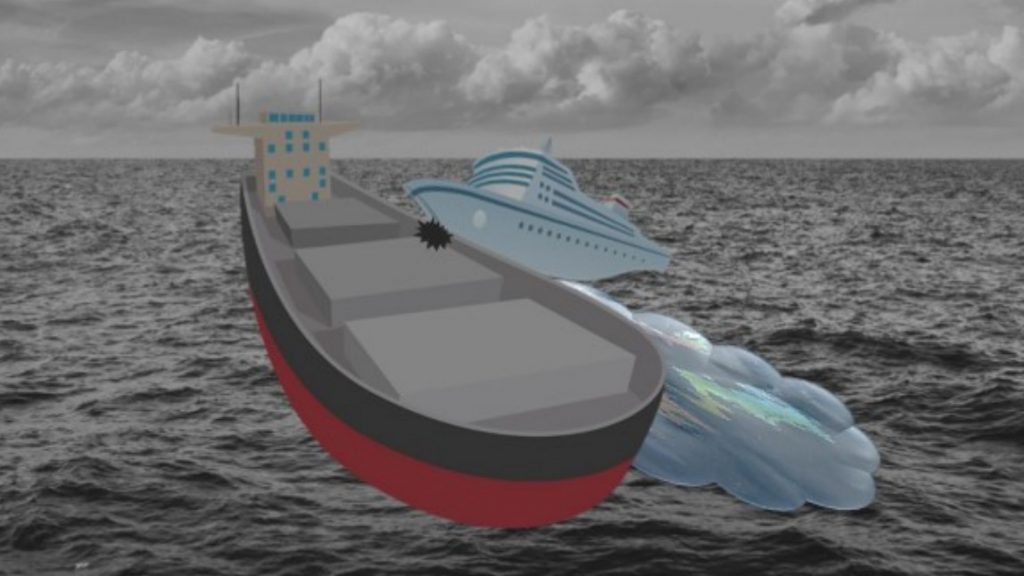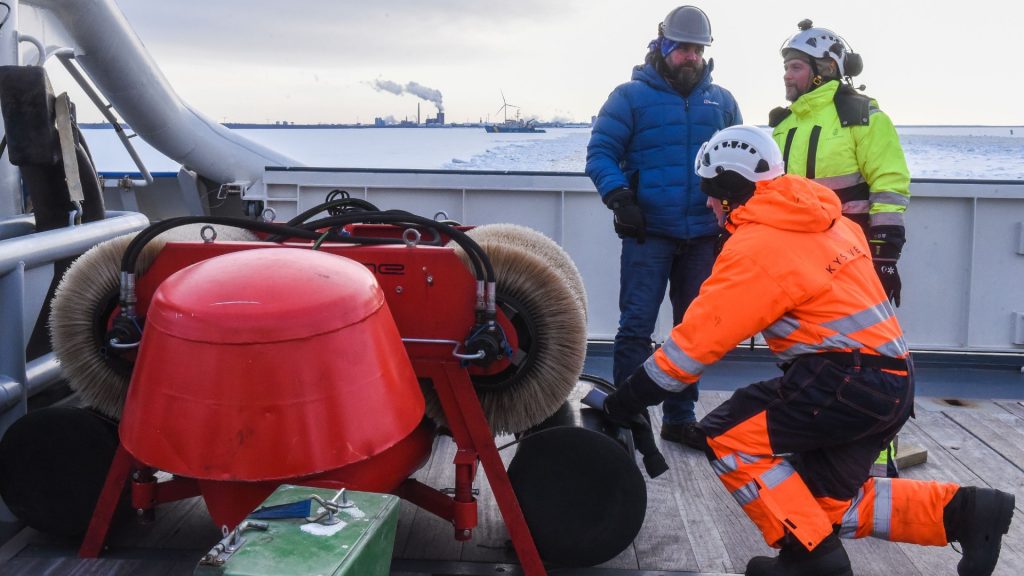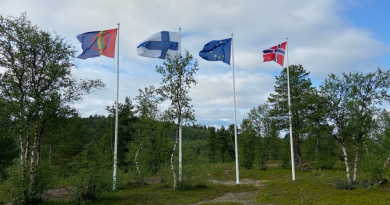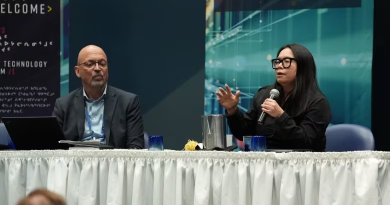Arctic Guardian exercise 2021 underway to test joint emergency marine response

The Arctic Council and the Arctic Coast Guard Forum launched their Arctic Guardian 2021 exercise on Monday to test the ability of circumpolar countries to respond to marine incidents in the Far North.
The scenario being practiced during the three-day exercise is the aftermath of a collision, due to human error, off the coast of northern Iceland between an oil tanker and an expeditionary cruise vessel carrying 250 passengers. The situation is being set in spring time when the waters would be filled with drifting sea ice.
“As maritime activity in the Arctic increases, it elevates the risk of serious incidents and the need to plan and prepare for emergency and pollution responses,” Jens Peter Holst-Andersen, Chair of the Arctic Council’s Emergency Prevention, Preparedness and Response (EPPR) working group, said in a news release.
The Arctic Council is an international forum made up the world’s eight Arctic countries, including Canada, and the six Arctic Indigenous groups. It was was established in 1996 to work on sustainable development and environmental protection in the North. Its six working groups are made up of experts from around the world who examine issues ranging from environmental protection, to sustainable development, to emergency response in the Arctic.
“It is crucial to test and better understand the challenges of a coordinated response that involves many different players in a safe environment,” said Holst-Andersen. “It allows us to not only test response activities, but also build and strengthen the relationships between these diverse players, which are incredibly important at the time of real emergency.”
Year formed: 1996
Arctic Council Members: Canada, Denmark (Greenland), Finland, Iceland, Norway, Sweden, Russia, United States
Permanent Participants: Aleut International Association, Arctic Athabaskan Council, Gwich’in Council International, Inuit Circumpolar Council, Russian Association of Indigenous Peoples of the North, Saami Council
Current Chair: Iceland (2019-2021)
Upcoming Chair: Russia (2021-2023)
The Arctic Coast Guard Forum is an informal organization set up by the eight circumpolar countries in 2015 to work on strengthening coast guard cooperation and help foster responsible maritime activity in the Arctic.
‘Disasters can strike…anytime, anywhere’
Increased shipping traffic across the North is happening at the same time that climate change is making arctic ice conditions increasingly unpredictable. And that coupled with the sparsely populated Arctic and the lack of infrastructure in many regions of the Far North, makes circumpolar cooperation more important than ever, said RADM Georg Larusson, Chair of the Arctic Coast Guard Forum and director general of the Icelandic Coast Guard.
“As we know, disasters can strike without any previous indication, anytime, anywhere,” he said. “The Arctic and adjacent regions are incredibly challenging. Therefore, we have to exercise and prepare for major incidents, emphasizing harsh weather conditions, long distances involved and limited infrastructure. That is precisely the purpose of the Arctic Guardian exercise and workshop. We share and cooperate to battle these elements to make the area safer for the inhabitants and guests.”

The Arctic Coast Guard Forum and the Arctic Council’s Emergency Prevention, Preparedness and Response working group held a tabletop exercise in October 2020.
Arctic Guardian 2021 was initially conceived to be their first joint live exercise but instead will be done virtually because of the pandemic.
Besides representatives from the Arctic countries, the exercise will also involve non-governmental organizations and people from industry who are involved in search and rescue and marine response.
A report will be done after the exercise is completed to outline any lessons learned from the exercise, as well as how cooperation, search and rescue or marine environmental response might be improved.
Arctic Guardian 2021 runs from April 12-14.
Write to Eilís Quinn at eilis.quinn(at)cbc.ca
Related stories from around the North:
Canada: Beef up Arctic search and rescue to keep Canada’s North secure, experts argue, CBC News
Denmark/Greenland: New guideline launched for Arctic-specific risk assessment in shipping, Eye on the Arctic
Norway: The Viking Sky incident – A wake-up call for the Arctic cruise industry?, Eye on the Arctic
Russia: Norway, Russia team up for search and rescue exercise in Barents Sea, The Independent Barents Observer
United States: More shippers and shipping companies boycott Arctic sea routes, but it isn’t solving the problem, experts claim, The Independent Barents Observer



